A select committee could help us fully understand how the biggest companies in the world are reshaping our privacy, markets, discourse, politics, and mental health.


A select committee could help us fully understand how the biggest companies in the world are reshaping our privacy, markets, discourse, politics, and mental health.
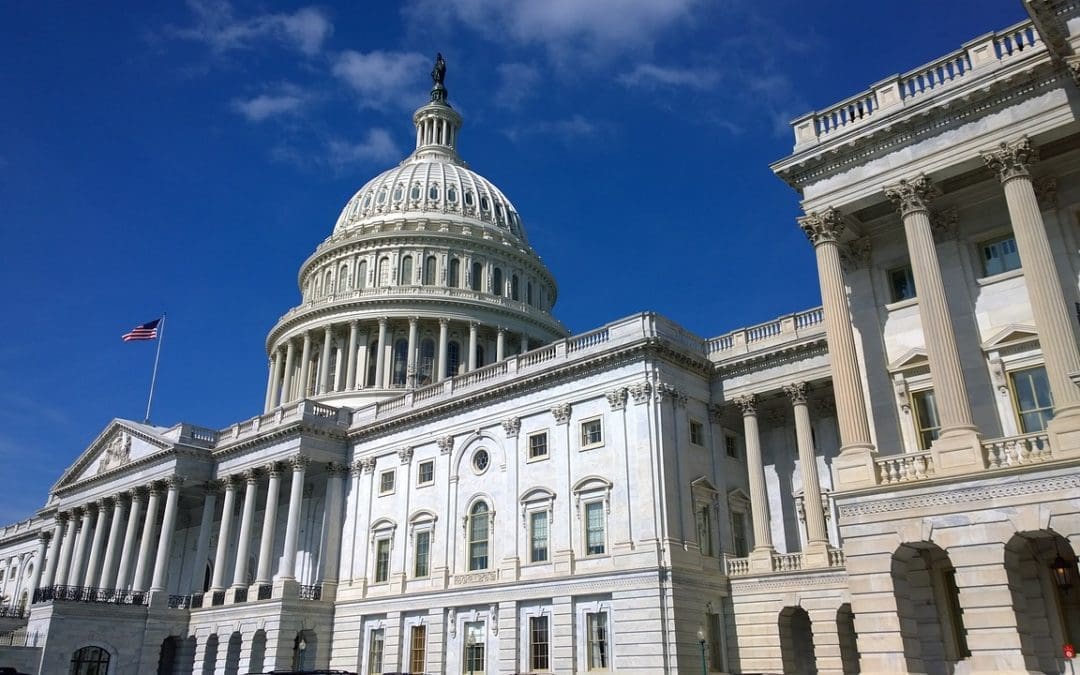
Republicans cannot afford to do what they have largely always done with a Senate majority: set it on a shelf, polish it, and admire it from afar.

White House Press Secretary Jen Psaki made a startling revelation: Major social media platforms take direction from the government in deciding what content to suppress, amplify, or remove.

In addition to censorship, interpretations of Section 230 have allowed Big Tech to escape accountability for enabling horrendous trafficking.
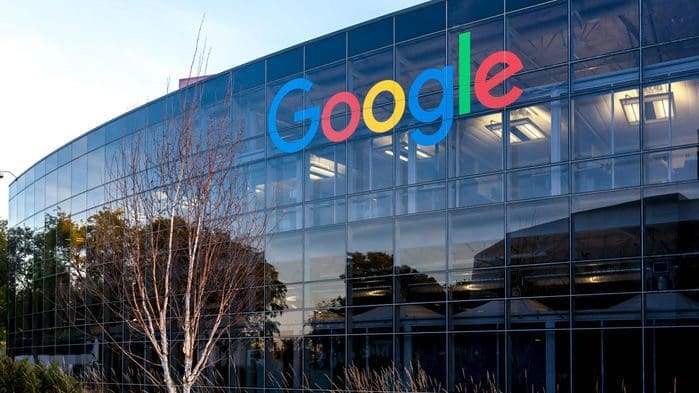
The “techlash” is finally more than just strongly worded letters, pointed questions with little follow-through, or made-for-YouTube chest-thumping at congressional hearings.
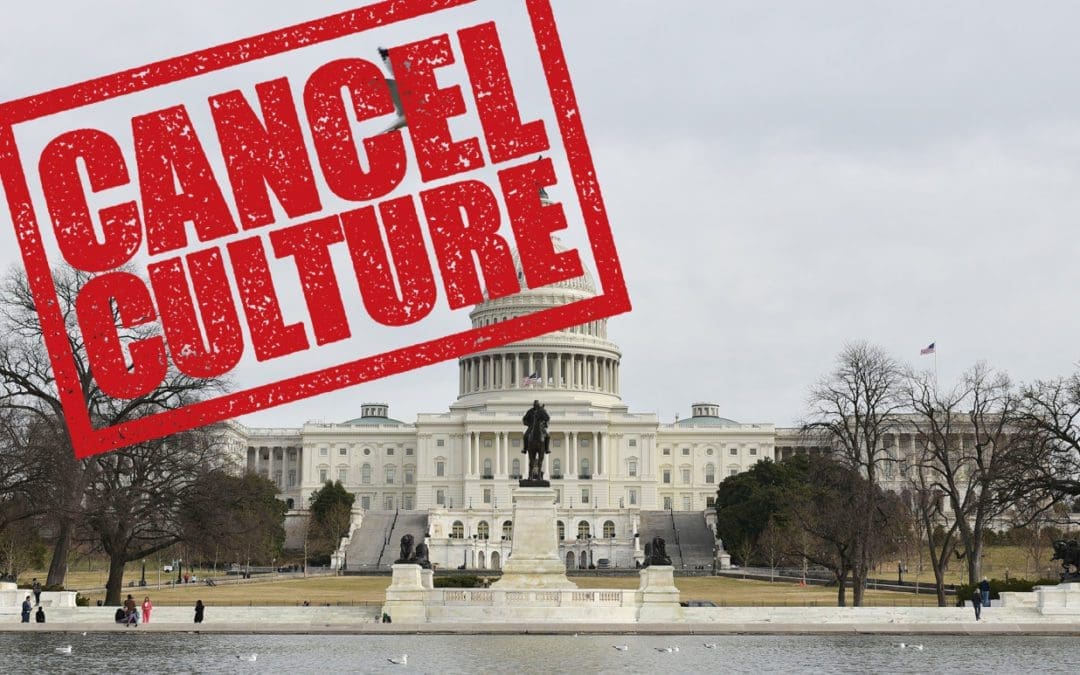
Big Tech is working to shield progressive activists and politicians from criticism and accountability by blocking circulation of certain content.
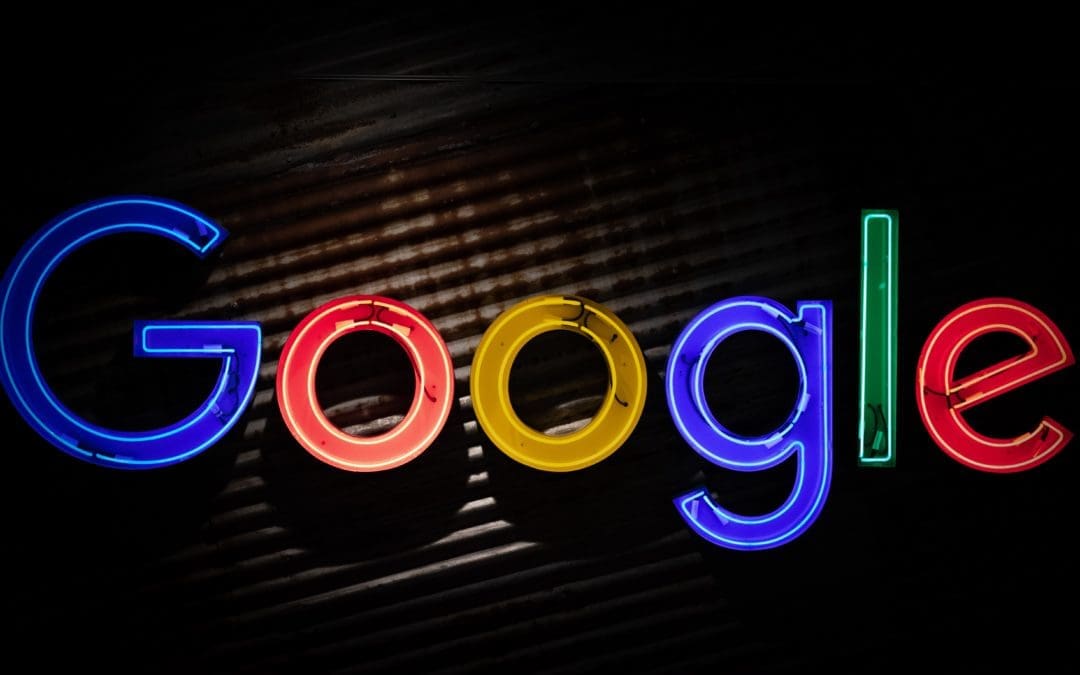
Google’s actions in the market, particularly in the digital advertising space, have distorted the marketplace and crushed entire competitors and industries under their dominant weight.
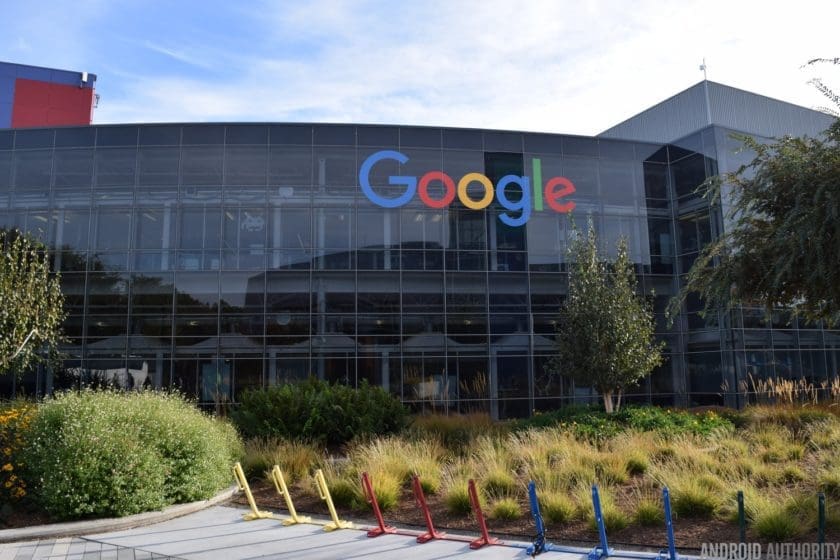
Leaked documents from the FTC’s 2012 investigation of Google show exactly what is wrong with the state of American antitrust enforcement.
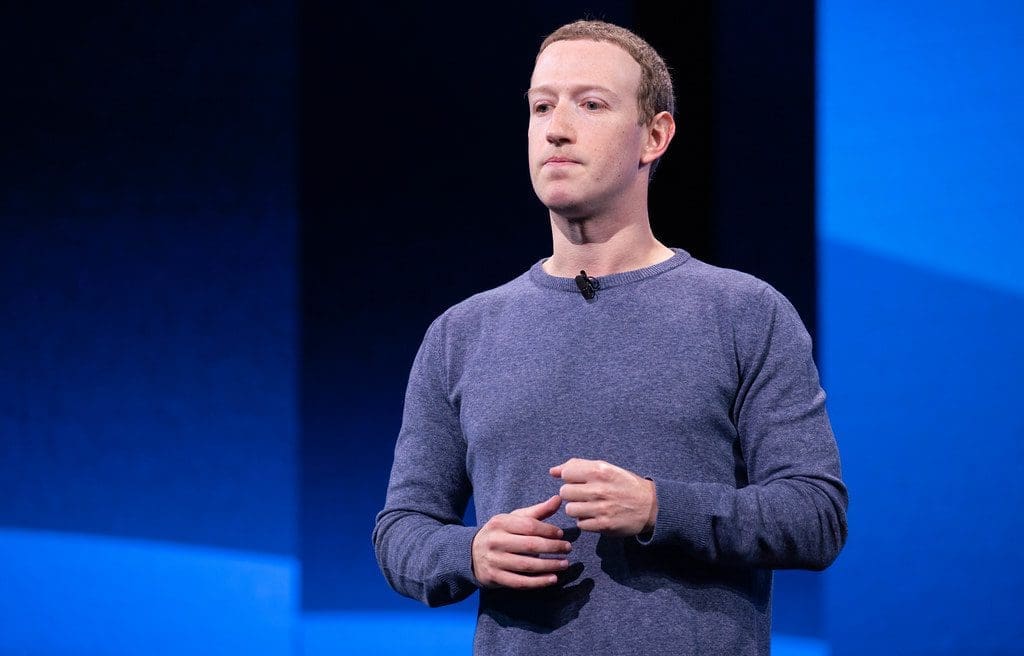
If any single platform can be fingered as the favorite of the rioters, it appears to be Facebook. Yet Facebook remains unmolested by app stores and untargeted by opportunistic politicians.

If conservatives want to preserve access to the online infrastructure of commerce and speech, they’re going to have to break up Big Tech.